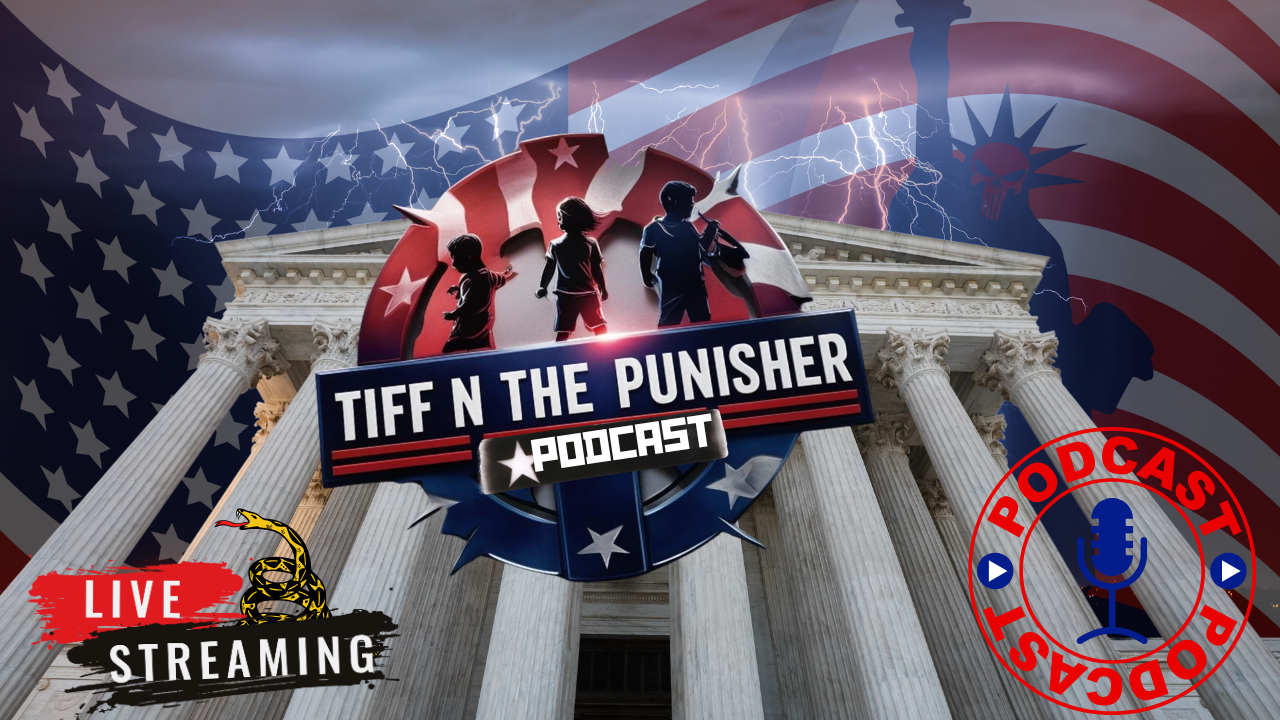
Substance Abuse
Families grappling with substance abuse often find themselves caught in a heart-wrenching struggle when Child Protective Services (CPS) intervenes. The American Safe Families Act (ASFA) sets forth clear guidelines to prioritize family preservation, offering parents structured recovery plans, access to treatment, and support to maintain a stable home. Yet, despite these protections, many parents face swift child removal, often without evidence of current neglect or harm. This disconnect between policy and practice leaves families feeling railroaded, their efforts to recover overshadowed by a system that seems to default to separation over support.
The challenges for parents in these situations are immense. Navigating recovery while under CPS scrutiny requires balancing rigorous treatment programs, frequent drug tests, and parenting classes, all while maintaining employment and a safe home. The emotional toll is profound—parents live in fear that a single misstep could lead to permanent loss of their children. Data from the U.S. Department of Health and Human Services indicates that over 60% of child removals involve parental substance abuse, yet many cases lack documentation of immediate danger. This aggressive approach often ignores the trauma of family separation, which can hinder recovery and destabilize children, leading to worse long-term outcomes.
For parents working toward sobriety, the system can feel like an adversary rather than an ally. Despite complying with ASFA-mandated recovery plans, parents frequently encounter caseworkers who prioritize precautionary removals over collaborative solutions. Legal battles to regain custody are costly and prolonged, draining resources and hope. As families strive to rebuild, CPS’s tendency to overlook progress in favor of rigid protocols underscores a critical need for reform, ensuring that laws designed to keep families together are honored in practice.
